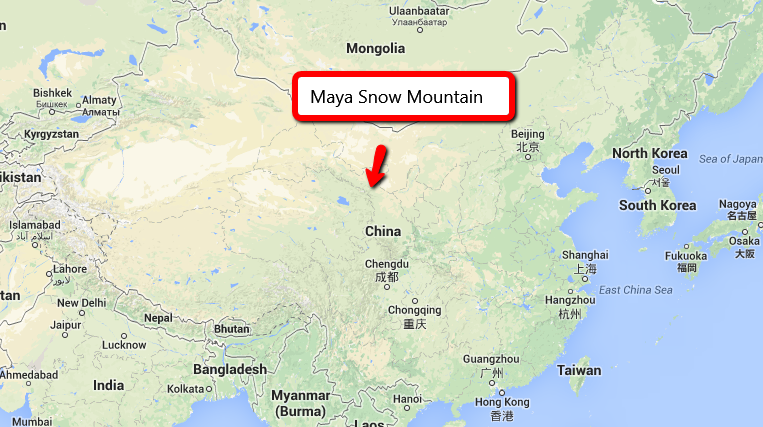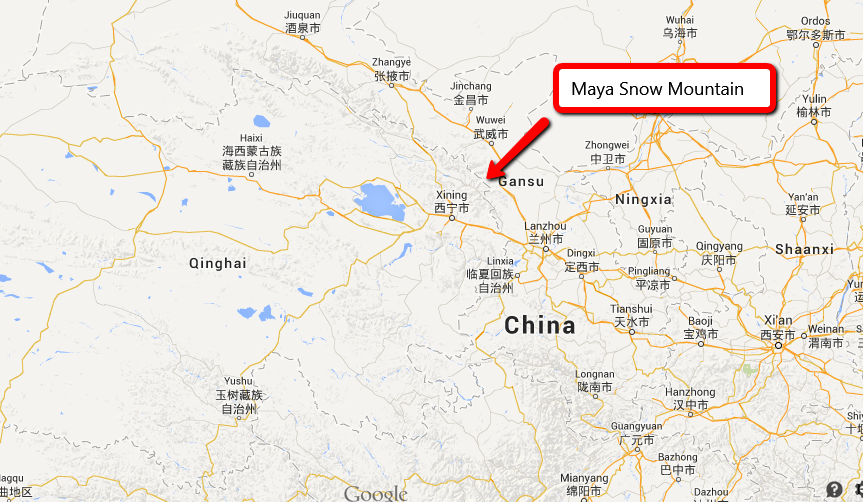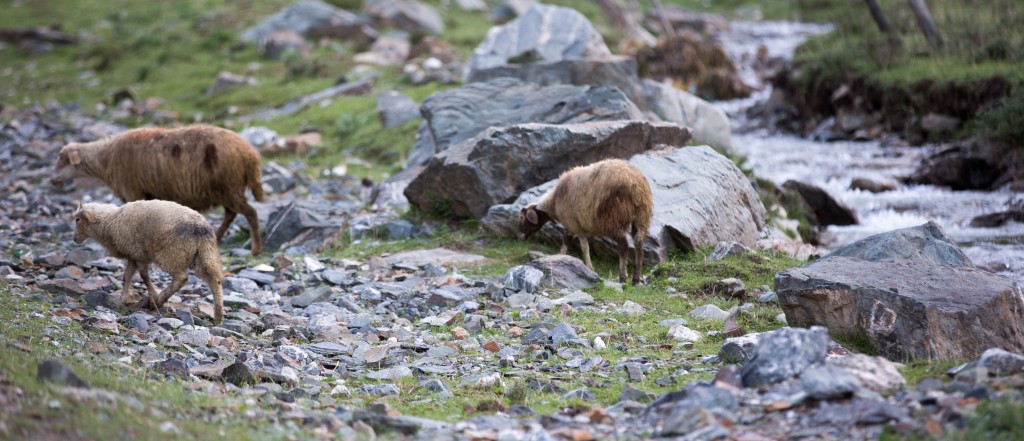While we were sweating our way up Maya Snow Mountain, the clatter of the baahing sheep enveloping us as a herd passed by, I asked our Tibetan friend, “Other than herd animals, are there any wild animals up here?”
“Oh, yes. They have bears, wolves and a kind of leopard. In fact, just a few weeks ago, two wolves came and killed twenty-two sheep. They did not even eat all of them. They just killed them.”
“Wow. That’s really bad.” I said.
“Yes. It was a tragedy for the family to lose that much. Herders just barely make enough money to get by. A sheep costs $33USD, so that is over $700 USD. That is so much money for one family to lose in one night,” she sighed.
“What did they do?” I asked.
“The whole community tried to hunt the wolves down and kill them,” she said. “It is bad for the wolves, because they are also endangered, but, when these kind of things happens, the families have no choice but to try to kill the wolves. The central government tries to protect the wolves. They have instituted policies to protect the wolves. But, for the locals, the wolves are a threat to their lives and their animals. They feel it is their right to kill the wolves.”
I wanted to present this situation because it is analogous to the situation with wolves in the United States. Environmentalists have pushed Washington to embrace the return of wolves to the American West, and Washington has been enthusiastic in promoting the wolves’ interests. But locals and the state governments out West have resisted Washington, charging that distant bureaucrats are promoting their environmentalist values without recognizing they are disrupting the livelihoods of local ranchers and hunters, who say they are not compensated enough for the loss of their livestock and game.
Often, the narrative in the media outside of China, presents Tibet as a matter of black and white. The Communists in Beijing are always the bad guys and the Tibetans are always the good guys, in touch with nature, and all the problems emanate from Beijing’s interference with locals. However, the world we live in is neither black nor white, and the truth is always more complicated.


